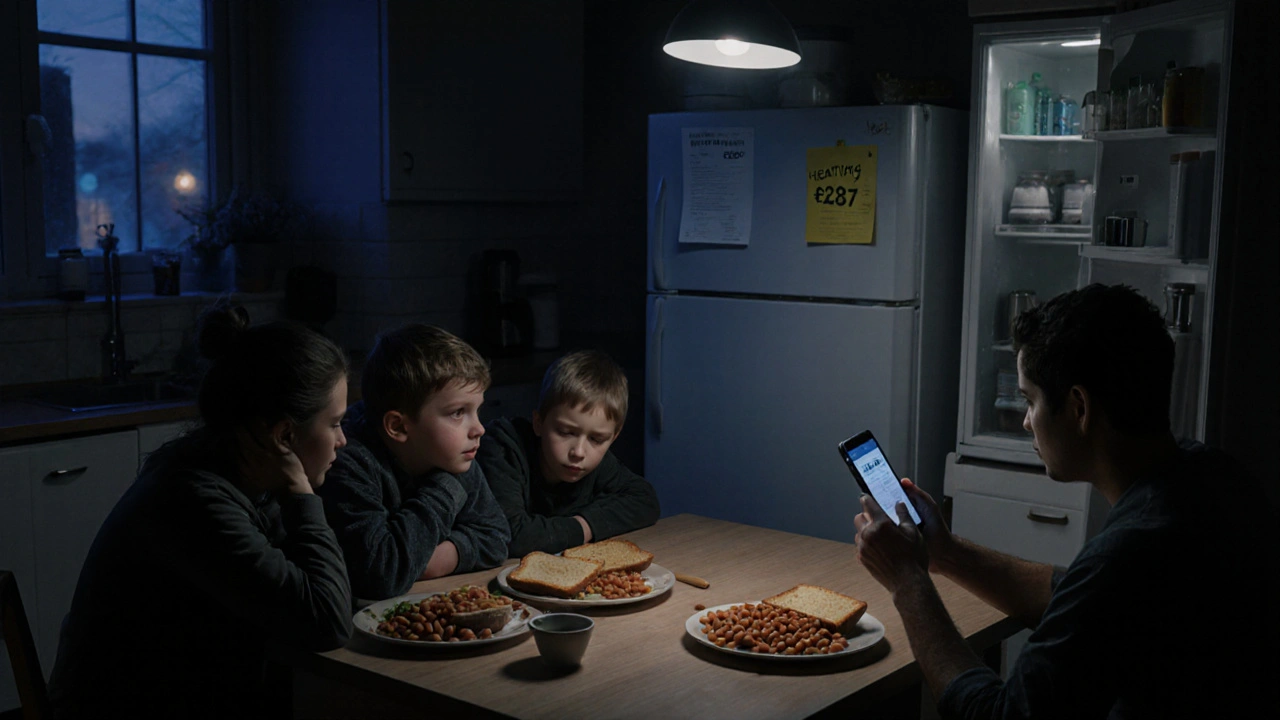UK Quality of Life: What Really Matters for People Living in Britain
When we talk about UK quality of life, the everyday reality of living in Britain, measured by access to healthcare, housing, work, and safety. Also known as living standards in the UK, it's not about how much you earn—it's whether you can survive without choosing between heating your home and eating. The idea that Britain is a wealthy country doesn’t match what millions experience daily. People are skipping meals, working three jobs, and still falling behind on rent. The NHS crisis, the collapse of public healthcare access marked by record waiting times and staff burnout isn’t just a headline—it’s the reason someone waits 14 weeks for a GP appointment, then gives up. And when they do finally get help, it’s often too late.
The housing crisis UK, the systemic failure to provide affordable, safe homes for working families and young people is the quiet engine behind homelessness, mental health decline, and generational poverty. Social housing has been cut by over 50% since the 1980s. Rent eats up half of most workers’ paychecks. A family earning the minimum wage can’t afford a two-bedroom flat in 90% of London boroughs. Meanwhile, empty luxury apartments sit untouched while people sleep in hostels or cars. This isn’t luck—it’s policy. And it’s pushing people out of cities they’ve lived in for decades.
It’s not just housing and health. The cost of living UK, the total price of basic necessities like food, energy, transport, and childcare has climbed faster than wages since 2020. Energy bills doubled. Groceries spiked. Childcare costs more than rent in some areas. Even people with jobs are qualifying for food banks. The government talks about growth, but growth doesn’t reach the people who need it most. Meanwhile, public services—libraries, youth centers, mental health teams—are shuttered, leaving communities without support networks.
What’s left when you can’t afford to be sick, can’t find a place to live, and can’t escape debt? Resilience. People are patching things together—sharing food, carpooling, bartering skills, helping neighbors. But resilience isn’t a policy. It’s not a solution. It’s what happens when systems fail. The stories below don’t just report on these issues—they show you how they play out in real lives: the nurse skipping meals to pay for her child’s insulin, the student working nights to afford rent, the retiree choosing between medicine and heating. This isn’t abstract. It’s happening on your street. And what you read here isn’t opinion—it’s what the data, the surveys, and the people on the ground are saying. You’ll find the facts behind the headlines, the hidden costs no one talks about, and the real trade-offs people make every single day.
Is UK quality of life declining? Here's what the data shows
UK quality of life is declining as real incomes fall, public services crumble, and housing becomes unaffordable. Data shows worsening health access, rising inequality, and mass emigration among young adults.
